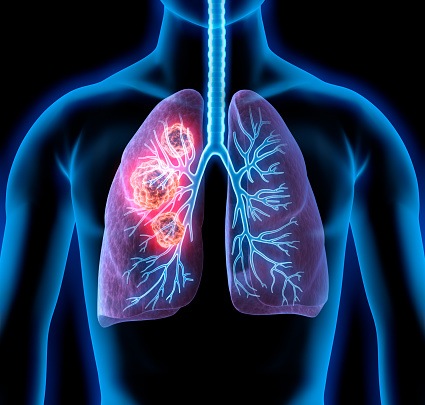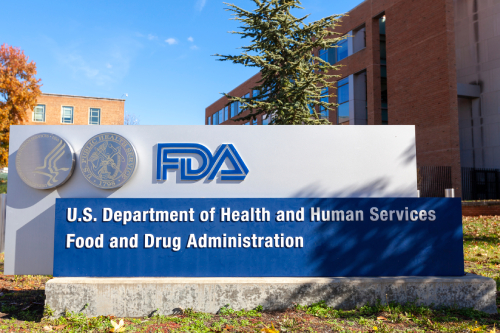
A study sought to assess the relationship between the efficacy of osimertinib treatment and protein expression of vascular endothelial growth factor (VEGF) family members in patients with advanced non-small cell lung cancer (NSCLC) harboring epidermal growth factor receptor (EGFR) mutations. The findings appeared in Thoracic Cancer.
A total of 76 patients with advanced NSCLC with EGFR major mutations (del19 or L858R) receiving first-line osimertinib were analyzed in the osimertinib (Osi) group. A second cohort comprising 43 patients receiving first- or second-generation EGFR-tyrosine kinase inhibitors was compared with a control group.
The findings showed that vascular endothelial growth factor receptor 2 (VEGFR2) and vascular endothelial growth factor C (VEGF-C) were highly expressed in 65.8% and 51.3% of patients in the Osi group and 69.7% and 76.7% of patients in the control group. The investigators noted that high VEGFR2 and VEGF-C levels were significantly associated with poor performance status and female sex, respectively. In the Osi group, the researchers observed that patients with co-high expression of VEGFR2 and VEGF-C showed significantly worse progression-free survival (PFS) and overall survival (OS) than those without co-high expression. In patients with a del19 mutation, VEGFR2 was a significant predictor of PFS and OS and an independent predictor of OS in multivariate analysis.
“VEGFR2 and VEGF-C are highly expressed in EGFR-mutant NSCLC cells. Increased expression of VEGFR2 was identified as a significant prognostic factor in patients with EGFR del19 mutation who received osimertinib, whereas co-high expression of VEGFR2 and VEGF-C was a significant predictor for those with EGFR L858R mutation,” the researchers concluded.







 © 2025 Mashup Media, LLC, a Formedics Property. All Rights Reserved.
© 2025 Mashup Media, LLC, a Formedics Property. All Rights Reserved.